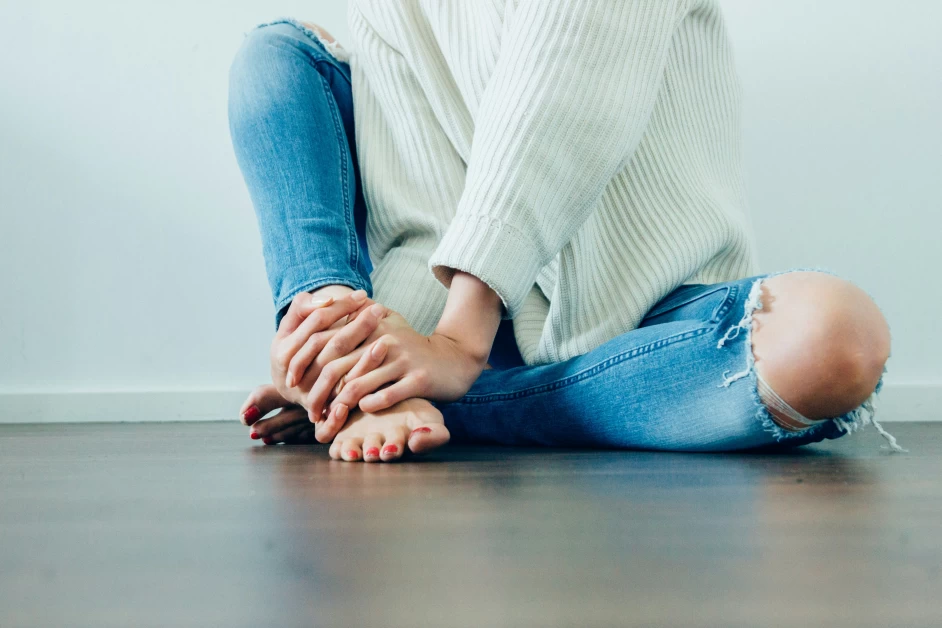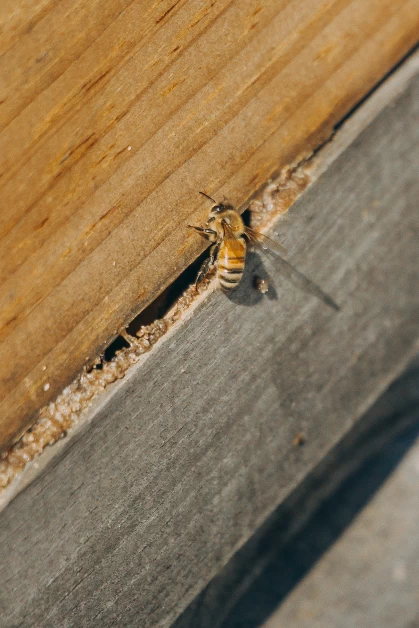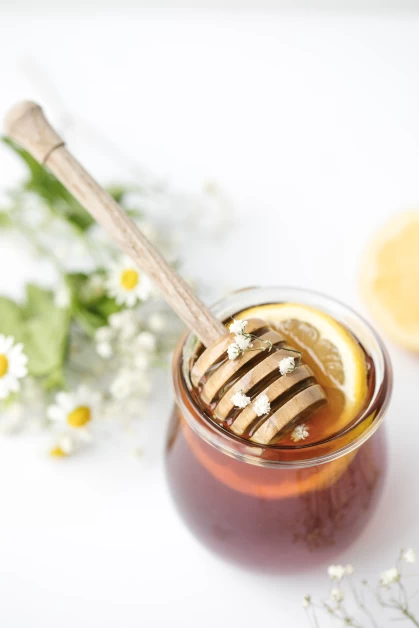Table of Contents
Introduction
Manuka honey is a well-known natural sweetener with various health benefits. It is derived from the nectar of the Manuka tea tree, which is native to New Zealand. This unique honey is packed with nutrients and has antibacterial and anti-inflammatory properties. While Manuka honey is often praised for its benefits for overall health, it is also gaining popularity for its potential benefits for hair. In this article, we will explore the benefits and uses of Manuka honey for hair, and how it can contribute to healthy and nourished hair.
The Manuka Tea Tree: The Source of Manuka Honey
Origins
The Manuka tea tree, scientifically known as Leptospermum scoparium, is native to New Zealand. It thrives in the country’s diverse climate zones and can be found across both the North and South Islands. The tree has adapted to grow in various terrains and is well-suited to the damp and nutrient-rich climate of New Zealand.
Key Traits
The Manuka tea tree possesses distinctive botanical traits that make it vital for the production of pure and potent Manuka honey. Its small white flowers, which bloom for a short period each year, attract bees and provide them with unique nectar. The nectar contains methylglyoxal (MGO), a nutrient known for its antibacterial properties. Additionally, the leaves of the Manuka tree have antibacterial and anti-inflammatory properties, contributing to the overall health of the tree and the quality of its honey.
Tree and Bees Relationship
The Manuka tree and bees have a symbiotic relationship. Bees are attracted to the Manuka tree’s flowers and collect the MGO-rich nectar to produce honey. In return, bees play a crucial role in pollinating the tree, ensuring its reproduction and continued growth. This mutually beneficial relationship highlights the significance of preserving the Manuka tree for both ecological health and honey production.
Benefits of Manuka Honey for Hair
Manuka honey offers several benefits for hair health and can be used in various ways to promote nourished and healthy hair. Here are some of the key benefits of using Manuka honey for hair:
-
Moisturizing and Hydrating: Manuka honey is a natural humectant, which means it helps retain moisture in the hair. It can be used as a hair mask or added to hair care products to provide intense hydration and prevent dryness.
-
Scalp Health: The antibacterial properties of Manuka honey make it effective in maintaining a healthy scalp. It can help alleviate scalp conditions such as dandruff, itchiness, and inflammation.
-
Hair Growth: Manuka honey contains nutrients that promote hair growth, such as vitamins, minerals, and amino acids. Regular use of Manuka honey can help stimulate hair follicles and encourage healthy hair growth.
-
Repairing Damaged Hair: The antioxidants present in Manuka honey help repair and protect hair from damage caused by environmental factors, styling tools, and chemical treatments. It can help restore the natural shine and strength of damaged hair.
-
Soothing and Calming: The anti-inflammatory properties of Manuka honey can soothe an irritated scalp and reduce redness and inflammation. It can also provide relief from scalp conditions like psoriasis and eczema.
How to Use Manuka Honey for Hair
There are several ways to incorporate Manuka honey into your hair care routine. Here are some effective methods:
-
Hair Mask: Mix Manuka honey with a carrier oil, such as coconut oil or olive oil, and apply it to damp hair. Leave it on for 20-30 minutes before rinsing thoroughly. This will moisturize and nourish your hair, leaving it soft and shiny.
-
Scalp Treatment: Mix Manuka honey with a few drops of tea tree oil and apply it to your scalp. Gently massage it in and leave it on for 15-20 minutes before rinsing. This will help alleviate scalp conditions and promote a healthy scalp environment.
-
Conditioner Booster: Add a teaspoon of Manuka honey to your regular conditioner and mix well. Apply the mixture to your hair, focusing on the ends, and leave it on for a few minutes before rinsing. This will enhance the moisturizing and conditioning properties of your conditioner.
-
Hair Rinse: Mix a tablespoon of Manuka honey with warm water and use it as a final rinse after shampooing. This will help seal the hair cuticles, add shine, and promote overall hair health.
Precautions and Considerations
While Manuka honey is generally safe to use on hair, it is essential to consider a few precautions:
-
Allergies: Some individuals may be allergic to honey or bee products. Perform a patch test before using Manuka honey on your hair to check for any allergic reactions.
-
Sticky Texture: Manuka honey has a sticky texture, which can make it challenging to apply and rinse out. Diluting it with water or mixing it with other ingredients can make it more manageable.
-
Quality and Authenticity: Ensure that you are using genuine Manuka honey for hair care. Look for reputable brands that provide authentic Manuka honey with certified MGO levels.
Conclusion
Manuka honey offers numerous benefits for hair health and can be a valuable addition to your hair care routine. Its moisturizing, antibacterial, and antioxidant properties contribute to nourished, healthy, and lustrous hair. Whether used as a hair mask, scalp treatment, or conditioner booster, Manuka honey can provide the nutrients and hydration your hair needs. Harness the power of Manuka honey and experience the transformative effects it can have on your hair.



